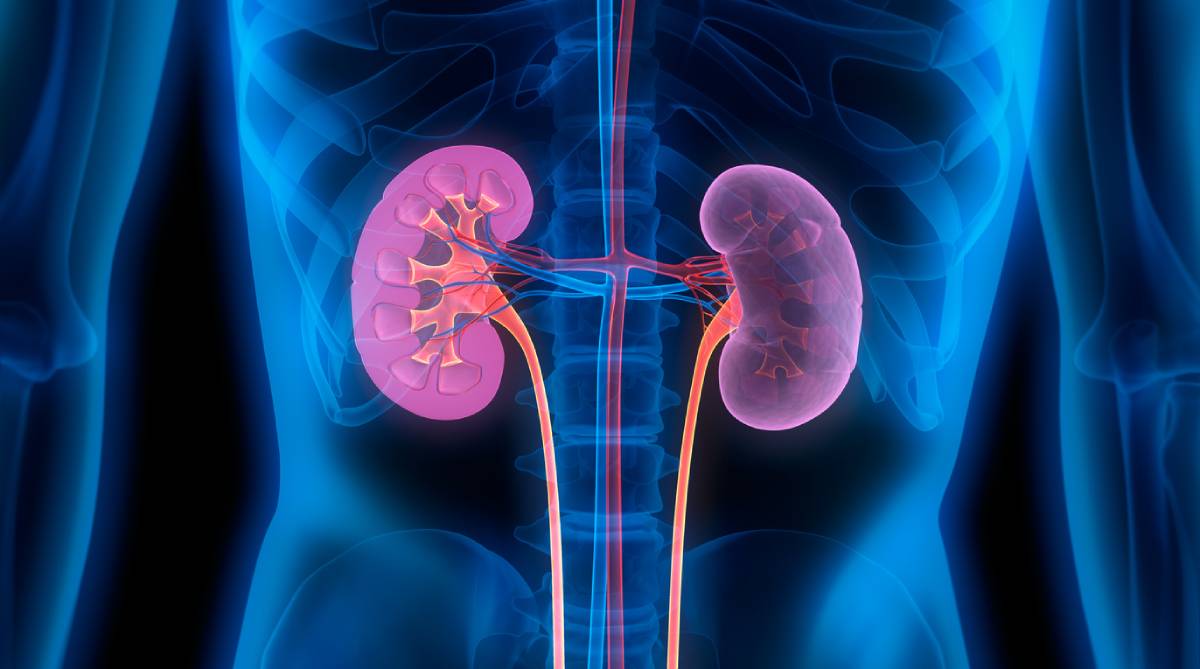The kidneys are among the most sensitive and essential organs of the body. Without properly functioning kidneys, the body is unable to properly eliminate the various waste materials it needs to process. If the kidneys do not accurately filter bodily waste, a person will face a number of health issues and even have an increased risk of death. Efforts to avoid this eventuality have led many people to ask, “What are the first signs of kidney problems?” We share the answer to this question, along with more information about maintaining kidney health, below.
What Is Kidney Disease?
Kidney disease refers to a range of conditions that can impair the kidneys’ ability to function properly. This can have a very severe set of health consequences that can impact an individual’s ability to live a normal life, or even result in death.
Kidney disease typically develops gradually as the kidneys gradually lose their functionality over time. Many patients may not even notice a problem in the first several years, as the initial signs are often subtle.
There are many plausible sources for kidney disease and the reasons why it develops. Some of the common sources of kidney disease include:
- Diabetes
- High blood pressure
- High cholesterol
- Kidney infection
- Chronic kidney inflammation
- Interruptions in the flow of urine
- The use of some types of medications
- Glomerulonephritis
Diagnosing the source of your kidney disease is a crucial step in combating and managing the condition. Doing this in the early stages of its development can represent a significant step in successfully treating and managing it. On the other hand, waiting too long can put you at risk of contracting a severe disease that is resistant to treatment.
What Are the First Signs of Kidney Problems?
There are a number of signals that the body will give off that can indicate that kidney disease may be developing. Educating yourself about these signs can help you stay on top of your kidney health and avoid any potential issues. Keep an eye out for any of the following signs and see a nephrologist immediately if they develop.
Foamy Urine
One of the earliest signs that you may be developing kidney disease is if you start producing foamy urine. This symptom occurs when protein begins to leak into the urine and is known as proteinuria. Take note if your urine begins to appear different, especially in terms of its consistency or foam appearance.
Fatigue
As kidney disease progresses, you may experience fatigue to a degree that is significantly higher or more frequent than usual. Individuals with kidney disease often find that they are tired, weak, and have difficulty concentrating.
Swelling
Swelling is another common symptom of kidney disease. As the kidneys begin to lose function, many individuals experience swelling in their legs, ankles, hands, and face. This condition is known as edema.
Itchy Skin
Itchy skin can also be a sign of kidney disease. This occurs when the kidneys are unable to send the proper levels of minerals to your bones and skin that they need to function, which is one of the primary purposes of an organ. Itchy skin can sometimes be a signal that your kidney disease is progressing to a more severe stage.
Shortness of Breath
Shortness of breath is another side effect of kidney disease. You may first start to experience this when you exercise or exert yourself more intensely. As the disease progresses, patients may experience these symptoms more frequently and with less effort required.
Signs of Advanced Kidney Disease
As kidney disease progresses, additional symptoms may emerge, indicating that the condition is worsening. Should you experience any of the following symptoms, you should make it a priority to seek out medical attention and address the disease:
- Chest pain
- Muscle cramps
- Advanced swelling
- Difficulty thinking or concentrating
- Loss of appetite
- Changes in taste and smell
- Nausea
- Sleep problems
- Weight loss
- Vomiting
Many of the above symptoms are shared with several other health conditions. Receiving a diagnosis from a healthcare professional is crucial for receiving the proper type of care to manage kidney disease.
Your Best Resource for Kidney Health
Dr. Victor Gura and the rest of his dedicated team are entirely dedicated to the treatment, diagnosis, and prevention of kidney disease and other issues of the kidneys. If you would like to discuss your kidney health with a professional, contact us today to schedule a physical exam.

